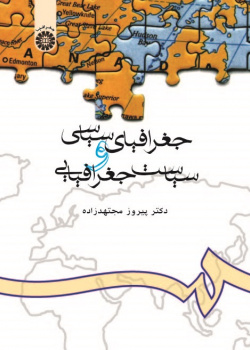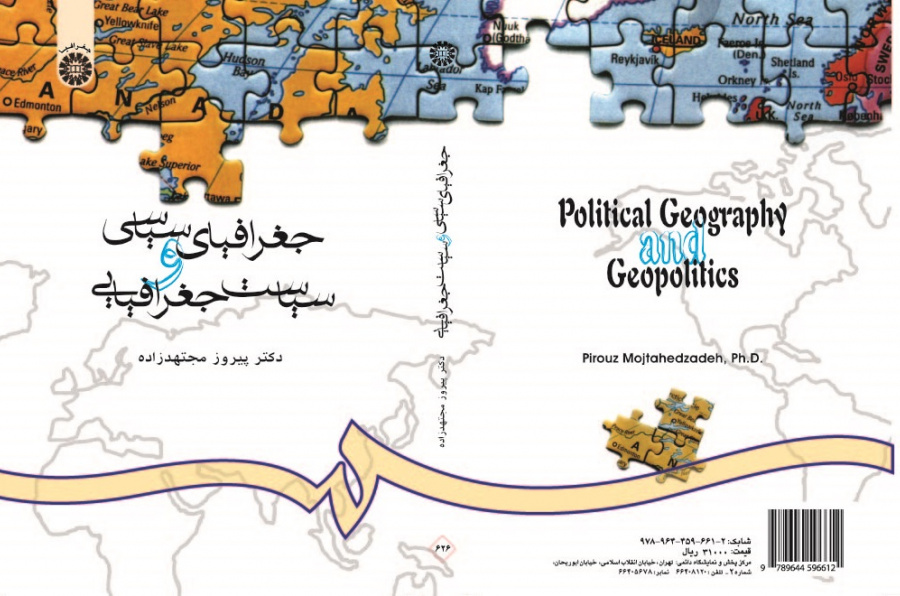

Political Geography and Geopolitics
The political geography and geopolitics are of the most significant and practical branches in human geography. While initially encountering political geography and geographical politics (geopolitics), it is worthy to note that the core of these discussions is the relation between geography and politics. Political geography is an understanding of the geography extracted from the concept of politics. In other words, the political geography studies the influences the political decision-makings exert on geography.
While, reviewing the role geography plays in political decision-makings is the subject interest studied in geopolitics. With respect to the general definition of the two above-mentioned concepts, accepted by the majority of the political geographers in Iran and all over the world, the scale for the scientific studies of political geography and geopolitics includes a wide range of political space units from the smallest (village or town) to the largest units as countries, international political organizations, and continents.
The contents of the book have been classified in two main sections and eight smaller chapters. The first section is specifically devoted to ‘political geography’. In this section some issues are dealt with as “what does the political geography talk about?” consistent concepts or political geography concepts; nation, identity, nationalism, national interests, democracy, center and around the nation; ruling system, government, sovereignty, and the tools to survive the government. The second section discusses about “geographical policies” and further explains issues like “what does geopolitics talk about?”; “world” as a geopolitical phenomenon; “region” as a geopolitical phenomenon; post-modern geopolitics. The final section of the book includes two appendices namely, “Iranian identity” and “who was John Guttmann and how did he think?”, and the Persian and foreign references.





